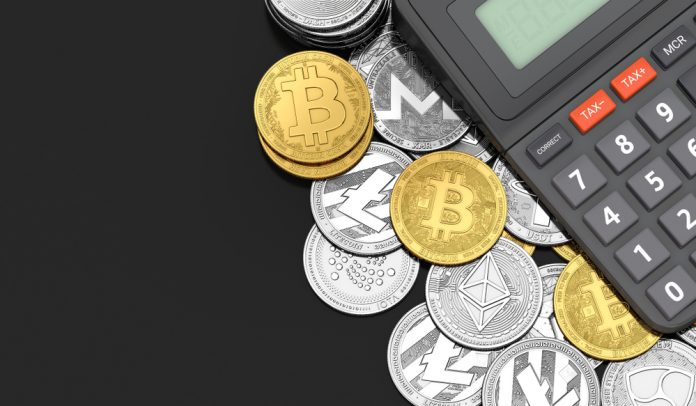The Japanese Government will be establishing a system that will help track down individuals that default in paying tax on profits made from crypto transactions.
The Mainichi (a Japanese Newspaper) reported that the government of Japan is making plans to create a system that will help put a check on individuals who make gains from crypto transactions and catch those who avoid paying taxes on gains realized from such transactions.
The National Tax Agency (NTA) would be empowered by the new system in order to request from intermediaries like crypto exchanges, the details of their transactions. These exchanges will give information on customers who are suspected of evading tax.
Following the current legislation, crypto exchanges and other virtual currency businesses, can voluntarily release data on clients. The Japanese government will also enable the NTA demand information from these business, which includes the names of customers, their addresses, and a 12 digit individual identification number.
However, the government is looking for ways to protect personal information. Data would only be demanded by the taxation authority from customers gaining a minimum of just 10 million, when it can be verified that the person in question failed to report half of the income. Digital currency businesses that do not support these requests, have the right to appeal.
In an NTA survey carried out recently, more than 300 individuals revealed that, in 2017, they have earned from virtual currency transactions, at least 100 million yen. This profit was made when Bitcoin reached its all-time highs of $20,000 in 2017.
In the fiscal year of 2019, the launch of the outline for the new taxation system will take place. Japan keeps striving hard to regulate the crypto industry, protect investors and enhance security.
Recent reports revealed that, the FSA (Japan’s regulatory body) has made plans to regulate ICOs. The FSA made this move in order to reduce to an extent, the presence of fraudulent ICOs as well as limit the investment of individuals in ICOs in order to protect them.




